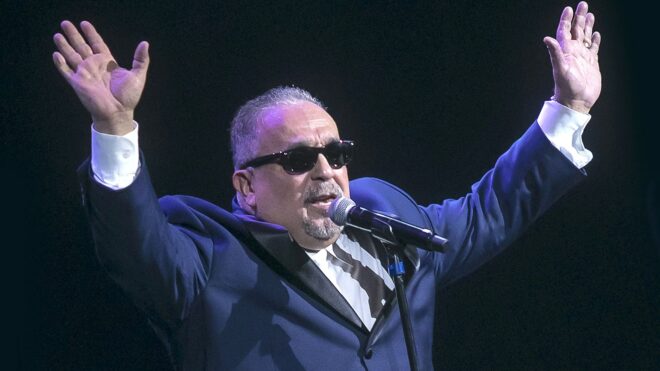High school can be a confusing time for children and parents. You've spent the past 15 or so years molding your child into a responsible, respectable person, but at the same time he's still a kid. When it comes to school, it can be tempting to hand over the reigns entirely, assuming that after all this time, your teen should have things under control, but that's not necessarily the case.
Read more ¿Qué más?: 5 Must-have resources to help your teen get ready for college
You should still be the guiding force in your child's life, especially when it comes to school and safety. Read on to discover some of the most common mistakes parents of high schoolers make.
Not staying involved in their education. Even straight "A" students can fall off track in high school where they'll usually find a whole new set of friends, have more freedom and a slew more extracurriculars to become involved in, adding up to a whole lot of distraction. It's important that you continue to monitor their school work and ensure that any homework is being completed daily and that deadlines are being met.
Not being connected with school officials. A part of staying involved is keeping in contact with teachers and other school officials. Make sure you're present for back-to-school nights, parent nights and parent/teacher conferences, and that you always reach out to teachers as soon as an issue arises, and also that you respond promptly to any and all correspondence from teachers. It takes a village to raise a child and that doesn't end in middle school.
Not monitoring social media. Social media is a good way to keep tabs on what your kids are doing inside and outside the classroom. Make sure that you have your child's log in info for every social media site he's a member of (it's not just Facebook), and taht you check in regularly. It's not spying, it's good parenting. Even good kids can be found updating their status during class — a habit you don't want to condone.
Not setting firm rules. By all means, you should allow your high schooler some freedom and a bit of independence — but it should be within the confines of a set of clearly defined rules. Your child should always know with 100 percent clarity who she can hang out, when she's expected to be home, when she should contact you, and how far she's allowed to stray from home.
Not making expectations known. Be sure that your teen knows what you expect from him both behaviorally and academically. If your child doesn't explicitly know what is okay and what isn't, rest assured he will test boundaries. And he won't be wrong, when he says, "Oh, well you didn't tell me you expected all Bs…"
Not talking to your teen. Most teens aren't too keen on having long conversations with their parents, but that doesn't mean you just stop talking. As a parent, it's your job to initiate conversation when you feel you don't know what's going on in your kid's world. Usually, there's plenty to talk about, but your teen is too busy, shy, embarrassed, scared, etc. to approach you. I'm sure you'd much rather be the one helping your daughter solve her problems than her peers having all the input. Let her know you're there and keep the lines of communication open.
Image via Corbis




